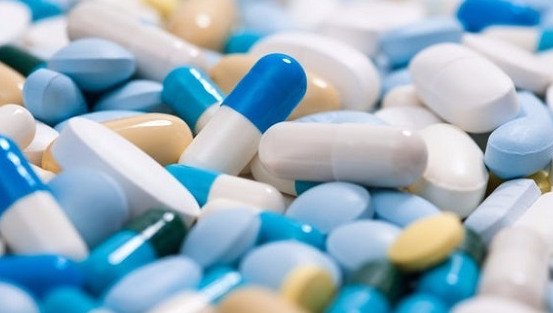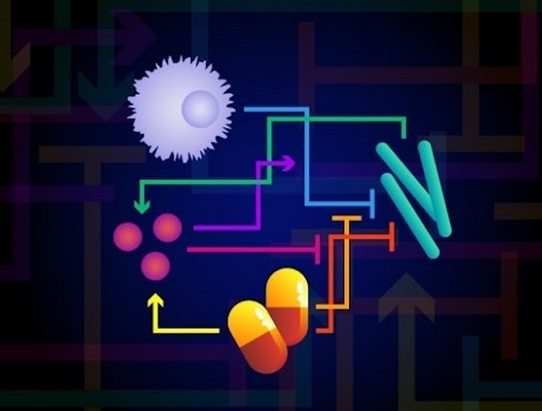Studies have shown that antibiotics directly weaken the body's immune system
At present, the medical field has been very careful about the use of antibiotics, because they have found that the use of antibiotics can cause certain potential harm to the human body, including allergic reactions, damage to the human flora, accelerate the evolution of bacteria, and make it resistant. Pharmacological and so on.

It is worth pointing out that these side effects show that antibiotics do not pose a direct threat to the body's immune system. Recently, a paper published by the research team of Broad Institute, MIT and Wyss Bio-Inspired Research Institute showed that in mice, antibiotics can directly reduce the ability of mouse immune cells to kill bacteria and stimulate the body environment to protect bacteria. Change on.
Previously, MIT professor James Collins discovered and proved in experiments that several types of antibiotics can damage the mitochondria of mouse and human epithelial cells, and the small molecules secreted by the cells have an effect on the interaction between bacteria and drugs.
Based on this finding, MIT postdoctoral researcher Jason Yang and his team have speculated that antibiotic treatment may further affect bacteria and immune cells by altering the microenvironment of infection.
For validation, the team used commonly used ciprofloxacin antibiotics to treat mice infected with E. coli. In the experiment, the researchers administered the mice according to human acceptable concentrations and quantified the changes in the biological environment in the mice to facilitate recording and research.

First, the research team conducted a follow-up test on the physical condition of the mice after infection. As expected, the metabolites released by the mouse cells increased the ability of E. coli against ciprofloxacin. Subsequently, the researchers used ciprofloxacin to small The mouse cells were treated and found to be inhibited of cell activity after treatment and were unable to phagocytose and kill E. coli bacteria.
Therefore, the results show that antibiotic treatment does cause changes in the metabolic system, but not directly through the microenvironment of the infection, but directly on the cell tissue of the mouse.
In this regard, Collins pointed out: "In general, we all think that antibiotics affect bacterial cells and change the human environment, but the experiments here show that they should affect the biological environment of the body by affecting mammalian immune cells. Therefore, in fact, drug treatment It is counterproductive to its own immune system."
At the same time, Yang also said: "Antibiotics and immune cells can have a direct effect, which we did not expect."
Herbal Food Additives , Herbal Supplements,Herbal Medicine extract,Herbal extract suppliers,Natural herb extracts
Shaanxi HuiKe Botanical Development Co.,Ltd , https://www.oasis-hk.com